KAMALA HARRIS RAISES $200M IN FIRST WEEK AFTER TAKING OVER FROM BIDEN
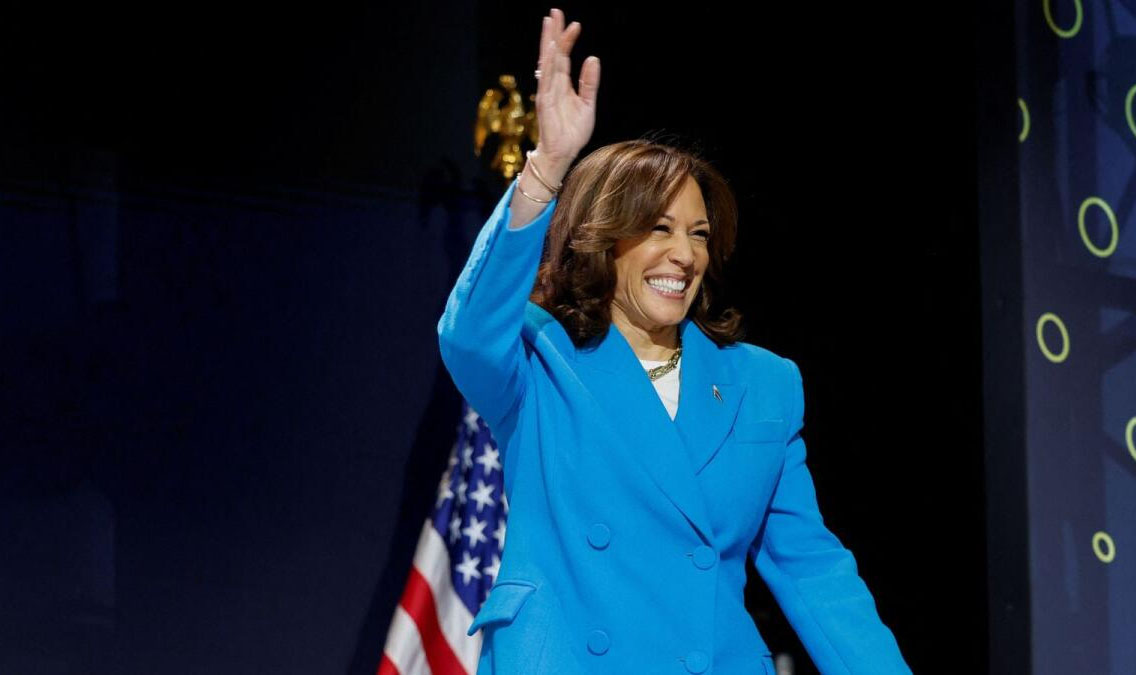
OVER 200 DEATHS REPORTED DUE TO LANDSLIDES IN ETHIOPIA
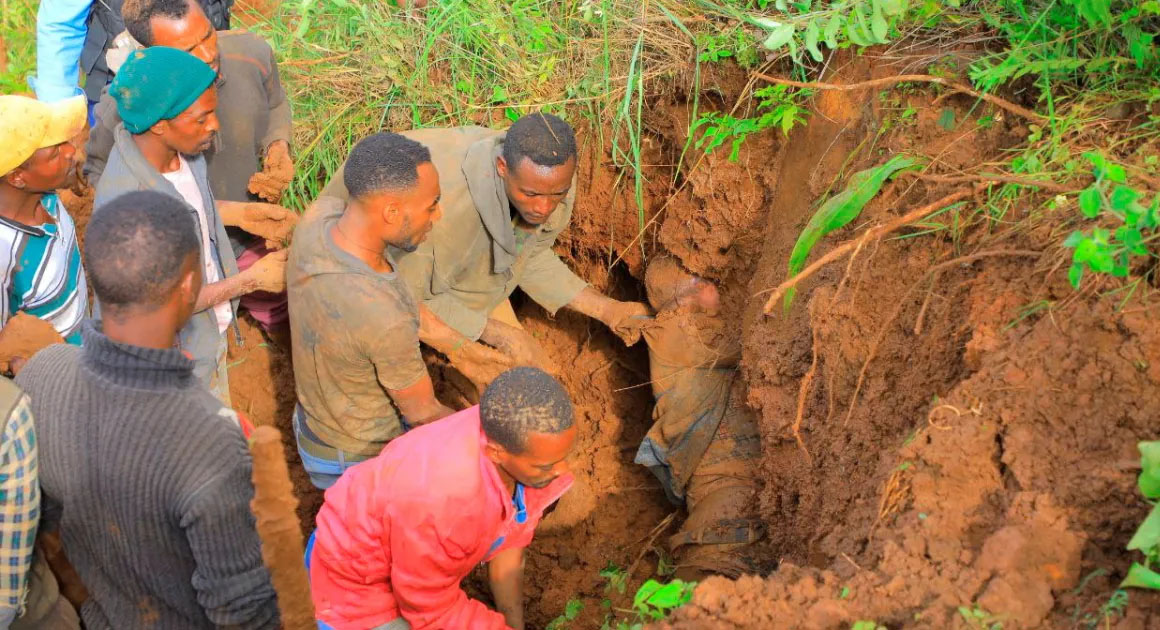
Photo Credit:Reuters
Landslides in a remote region of southern Ethiopia on Monday have claimed lives of 229 individuals. The communication affairs department of Gofa Zone said Tuesday that 148 males and 81 females had been killed. Ethiopia has been recently experiencing heavy rainfall being the main cause of the landslides. These type of weather has been witnessed in most parts of the world including Kenya, India and other countries.
A local official, Habtamu Fetena, had earlier told state-run broadcaster, the Ethiopian Broadcasting Corporation (EBC) that children were among the dead and the death toll was likely to increase.
Officials said the heavy rainfall had caused two landslides. Many people were buried in the first one; a second then claimed the lives of several people helping the rescue efforts. An administrator for the zone, Dagmawi Ayele, told the EBC that five people stuck in the mud were rescued and are being treated at a medical facility, adding that the local community was searching for more survivors. Photos from the site showed a rescuer combing through the mud with his bare hands in search of bodies. Ayele said the excavation has largely been done by manpower.
Ethiopia is prone to landslides during the rainy season, according to geological surveys. In parts of the country, including the southern region, floods triggered by heavy rains have displaced thousands of people in recent months, the UN Office for the Coordination of Humanitarian Affairs (OCHA) said in a report last month. At least 43 people died from floods and landslides last year, OCHA said in November.
Southern Ethiopia has previously suffered devastating landslides that killed and displaced dozens of people. In May 2018, 45 people were killed in twin landslides that happened within hours of each other in the West Arsi, Sidama, and Gamo Gofa zones.
NEW YORK JUDGE FACES REMOVAL FOR MAKING RACIST COMMENTS TOWARDS BLACK TEENS

Photo Credit: Erin Gall/Facebook
The New York State Commission on Judicial Conduct wants to remove Judge Erin Gall over racist remarks she made at a graduation party towards four black teenagers.
KAMALA HARRIS DEBUTS CAMPAIGN Ad WITH BEYONCÉ'S "FREEDOM"
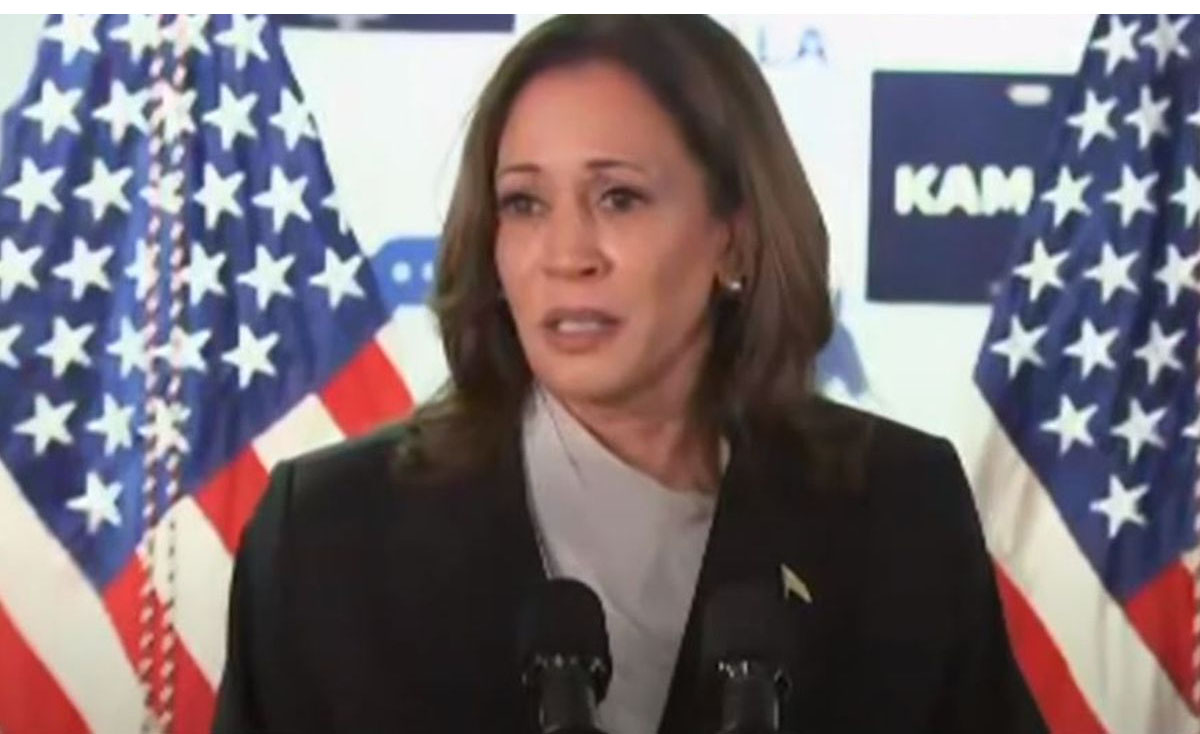
Joe Biden stepped down from the 2024 race. Featuring Beyoncé’s 2016 hit "Freedom," the ad highlights Harris's vision for America's future showing her commitment to key issues such as economic opportunity, gun violence, reproductive rights, childhood poverty and healthcare costs.
The ad, which runs for one minute and nineteen seconds, opens with Harris addressing the nation: "In this election, we each face a question: What kind of country do we want to live in?" She contrasts her vision of freedom with a portrayal of chaos, fear, and hate, directly targeting former President Donald Trump and his allies. "But us? We choose something different. We choose freedom," she asserts.
Harris's campaign has been marked by a sense of urgency, with the ad appearing across all campaign social media platforms. This digital-first
strategy is set to evolve, with plans for broader media placements in the coming weeks. According to a campaign press release, the ad emphasizes "the core issue at stake this November: Americans' rights and freedoms." Harris calls on Americans to join her in the fight to protect these freedoms and to defeat Trump and his Project 2025 agenda.
In her campaign launch speech in Milwaukee, Harris reiterated her message of freedom. "The freedom not just to get by, but to get ahead. The freedom to be safe from gun violence. The freedom to make decisions about your own body," she said. "We choose a future where no child lives
in poverty, where we can all afford healthcare, where no one is above the law. We believe in the promise of America and we are ready to fight
or it. Because when we fight, we win."
Harris's campaign quickly gained momentum, raising $126 million in just a few days and securing significant delegate support. Despite facing racist and misogynistic attacks from her opponents, Harris remains focused on her vision for America. "We believe in the promise of America and we are ready to fight for it," she declares in the ad. "Because when we fight, we win. So join us."
The ad also takes a swipe at Trump’s criminal record, featuring newspaper headlines about his legal troubles as Harris states, "We choose a future where no one is above the law." This message is a clear attempt to draw a stark contrast between Harris's legal background and Trump's controversies.
NIGER'S EX PRESIDENT MIGHT FACE DEATH PENALTY, LAWYER SAYS
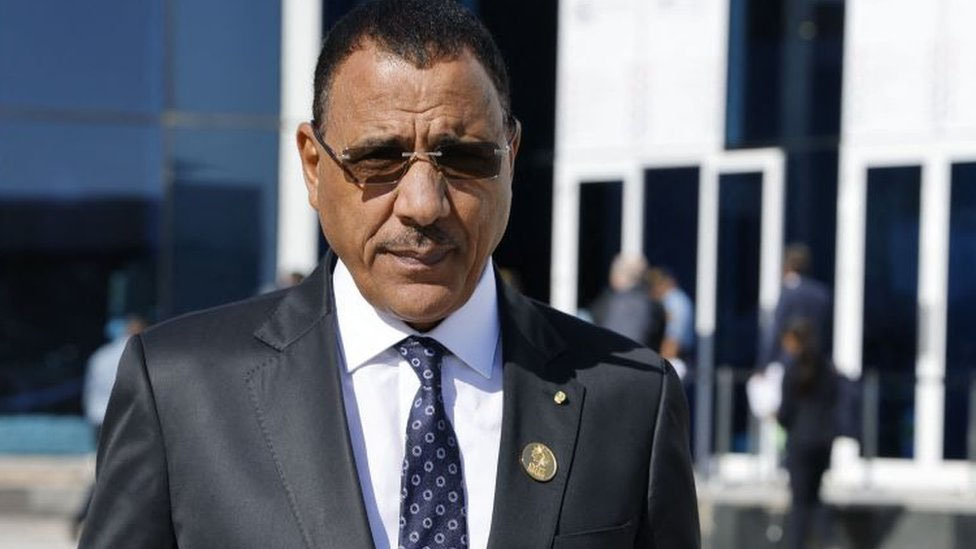
Photo Credit: Getty Images
The former Niger's president might face death penalty for 'treason'. The lawyer for Niger’s ousted President Mohamed Bazoum has said as the country marks a year since the coup.
PLANE CRASH CRASH KILLS 18 IN NEPAL, PILOT SURVIVES
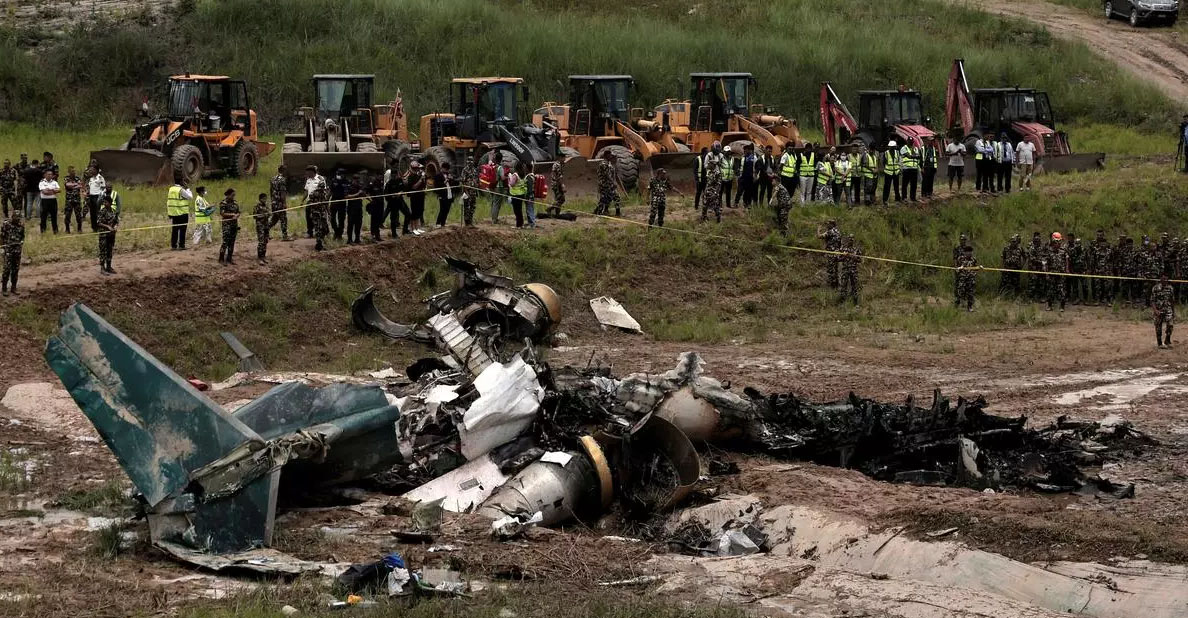
Photo Credit:Reuters
A small plane crashed after it skidded off the runway in Nepal’s capital Kathmandu on Wednesday killing 18 people. The pilot, who has been hospitalized, is the sole survivor of the Saurya Airlines crash, said Gyanendra Bhul, a spokesperson for Tribhuvan International Airport. All those on board - 18 Nepalis and a Yemeni citizen - were employees of the carrier, according to police.
Images from Nepal police showed thick smoke billowing from the burning aircraft on the the airport runway. The aircraft crashed during takeoff from Kathmandu to the city of Pokhara around 11 a.m. local time, Bhul said. The plane was en route for technical maintenance, he added.“Rescue efforts were started immediately and the situation was brought under control,” the aviation authority said.
The crash once again highlights the dangers of air travel in Nepal, a country often referred to as one of the riskiest places to fly due to multiple factors including its mountainous terrain. The Himalayan country, home to eight of the world’s 14 highest mountains including Everest, has a record of air accidents. Its weather can change suddenly, and airstrips are typically sited in difficult-to-reach, mountainous areas. Aircraft with 19 seats or fewer are more likely to have accidents due to these difficulties, according to a 2019 safety report from the Civil Aviation Authority.
While the country has made improvements in safety standards in recent years, challenges remain, and a lack of investment in aging aircraft only adds to the risks of flying. Last year, Nepal saw its worst plane crash in more than 30 years when at least 68 people died when a Yeti Airlines flight went down near Pokhara.
BARACK AND MICHELLE OBAMA OFFICIALLY SUPPORT KAMALA HARRIS
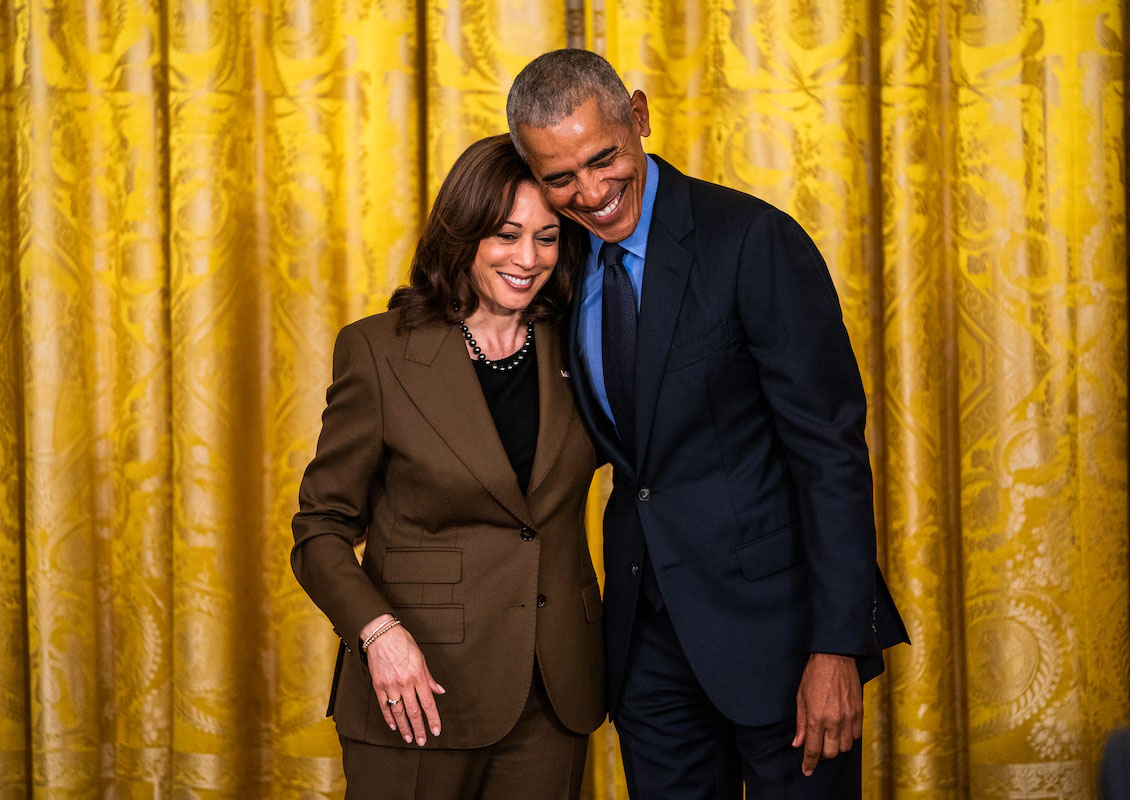
Photo Credit:Demetrius Freeman/The Washington Post
Barack Obama and his wife Michelle Obama have officially backed Vice President Kamala Harris's presidential campaign Barack Obama emphasized the significance of Harris's candidacy, stating, "Michelle and I couldn’t be prouder to endorse you and to do everything we can to get you through this election and into the Oval Office."
NIKKI HALEY SENDS A CEASE AND DESIST LETTER TO THE PRO-HARRIS GROUP OVER THE USE OF HER NAME
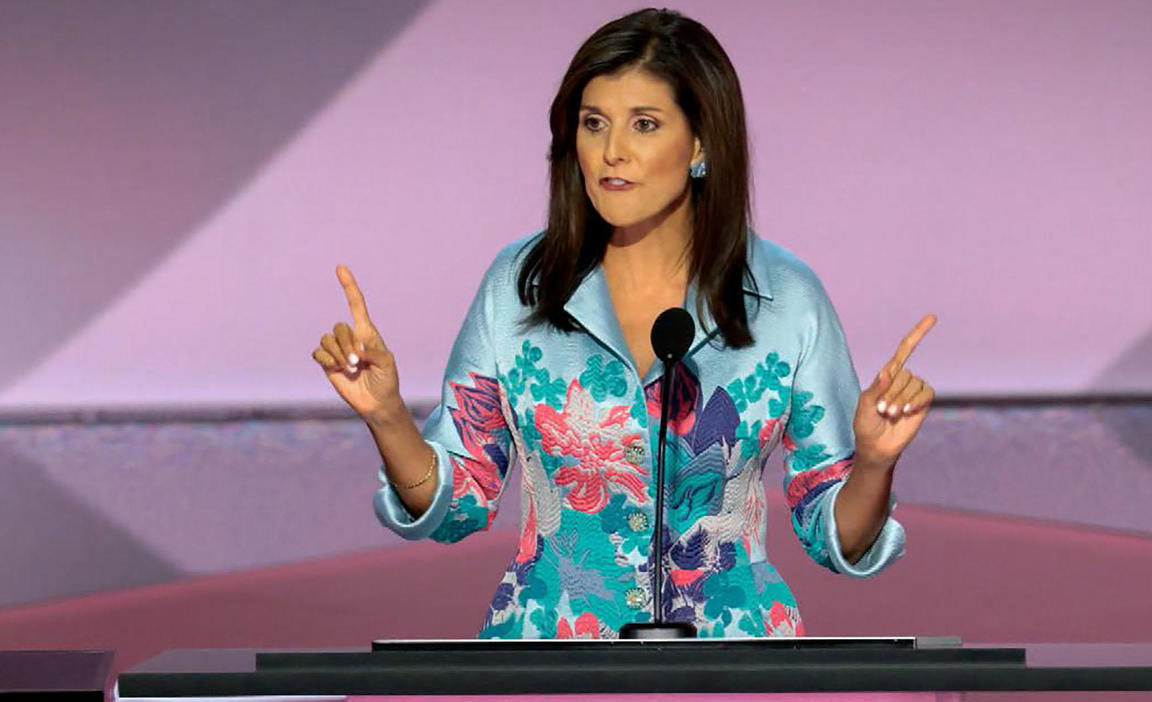
The PAC, officially PIVOTPAC, has raised nearly $400,000 in the past year, primarily from anti-Trump organizations. Its first major expenditure came on March 6, 2024, coinciding with Haley's withdrawal from the presidential race.
Craig Snyder, director of Haley Voters for Harris, defended the group's name to NPR, calling it "a factual statement of the way a lot of people feel and the way a lot of people intend to vote in November."
The cease-and-desist letter, penned by attorney Michael G. Adams, demands the group stop using Haley's "name, image or likeness that implies her support for the election of Kamala Harris as President of the United States."
In response, the PAC released a statement asserting their right to engage voters, saying, "Our rights to encourage them to vote for Vice President Harris – who in our view is the clear better choice for the country – will not be suppressed."
The situation highlights the complexities of the 2024 election landscape. Haley, once a vocal Trump critic, has now thrown her fullmsupport behind him. At the Republican National Convention, she urged her delegates to back Trump, stating, "He understands we need to make America strong, safe, and prosperous."
Meanwhile, President Biden's unprecedented decision to exit the race and endorse Harris has reshaped the political battlefield. Some Republicans who supported Haley in the primaries now face a difficult choice.
As of July 24, 2024, the Haley Voters for Harris group boasts nearly 7,000 followers on social media platform X. They maintain that they "do not and never claimed to speak for Nikki Haley" but are reaching out to "a subset of Haley voters who will vote their consciences."
More Articles ...
-
NEWS
-
TRUMP SAYS A DEAL HAS BEEN REACHED AFTER TALKS WITH CHINA
Photo Credit: REUTERS/Kevin Lamarque A tentative has REUTERS/Kevin Lamarquebeen reached between the US and...
-
HARVEY WEINSTEIN CONVICTED IN SPLIT VERDICT AS JURY DELIBERATIONS HIT TURBULENT TURN
Photo Credit: Angela Weiss/Pool Photo via AP Former Hollywood titan Harvey Weinstein’s retrial reached...
-
WORLD BANK LIFTS LOAN BAN ON UGANDA DUE TO GAY RIGHTS
Photo Credit:Reuters The World Bank is lifting its ban on lending to Uganda, which was imposed following...
-
A CONTROVERSIAL CONVERSATION: CANDACE OWENS’ INTERVIEW WITH HARVEY WEINSTEIN, A BREAKDOWN.
Photo Credit:Getty Images In a move that shocked both Hollywood and political circles,...
-
AFRIK’S BLOCKCHAIN VOTING PLATFORM, A NEW FRONTIER FOR AFRICA’S GREEN AND DIGITAL AGE
Photo Credit: Getty Images In its revolutionary step in democratizing infrastructure development, Afrik...
-
NBA YOUNGBOY ISSUES STATEMENT AFTER BEING PARDONED BY PRESIDENT DONALD TRUMP
Photo Credit: Getty Images In a turn of events, rapper NBA YoungBoy, legally known as Kentrell...
-
ANDREW AND TRISTAN TATE TO FACE 21 CHARGES IN THE UK AFTER ROMANIAN PROCEEDINGS CONCLUDE
Photo Credit: Getty Images Andrew and Tristan Tate, the controversial brothers known for their...
-
HAILEY BIEBER SELLS HER RHODE COMPANY FOR A BILLION DOLLARS
Photo Credit: Getty Images Hailey Bieber has achieved a significant milestone in her...
-
TRUMP SAYS A DEAL HAS BEEN REACHED AFTER TALKS WITH CHINA

















